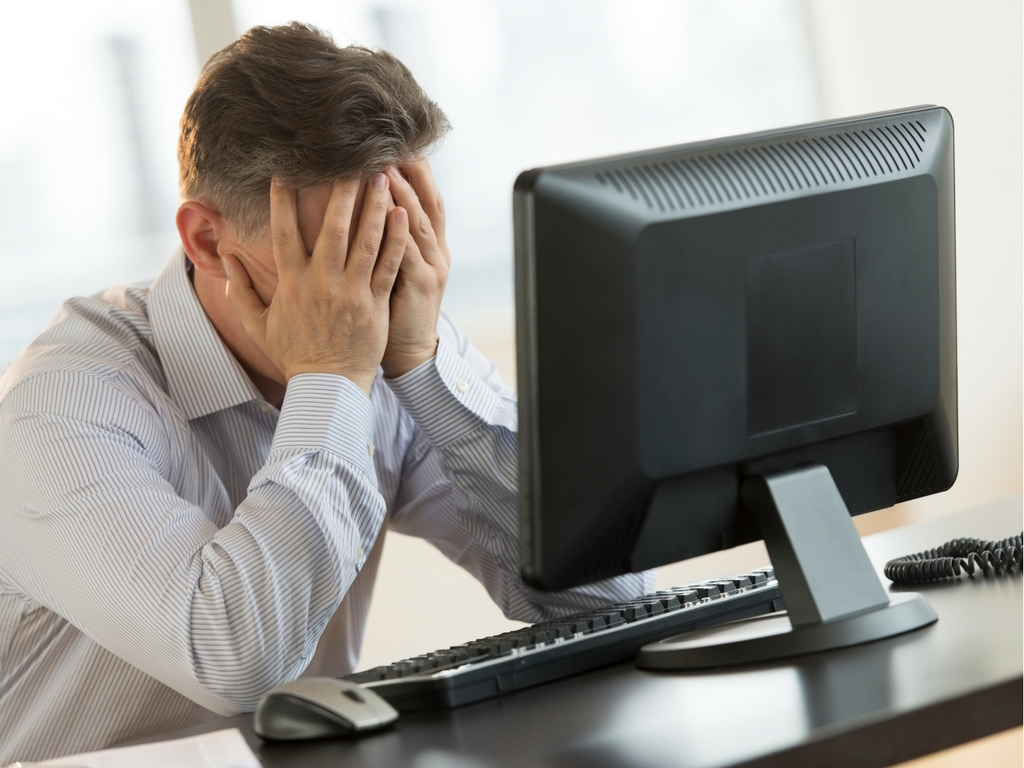Dealing With Stress
17th Feb 2018
People don't like admitting they feel stressed. They often think it's a sign of weakness, but it's not. Step 1 in dealing with stress is not to compare yourself with others. Everybody is different and others may be trying to cope with a different type of stress that you are not aware of. An exciting challenge to one person may be incredibly stressful for you, or vice versa. It doesn't mean there's anything wrong with you. But whatever your stress, you do need to take steps to deal with it, because it can eventually lead to illness, mentally, physically, emotionally and behaviourally. Stress is one of the most serious health problems today. It is a debilitating condition that can stop our body functioning properly.
Here's what happens when you're stressed: Your body goes into 'fight or flight' mode. Your sensory organs alert the hypothalamus gland in your brain (your panic button), which instructs extra cortisol and adrenalin (stress hormones) to flood the body, to get all body parts doing their bit to cope with the way your feel (ie. overwhelmed) or what you're doing (ie. rushing around).
How your body reacts to the stress alert: Blood rushes around, strengthening your muscles and brain. Your heart and lung functions speed up. Your liver releases extra energy. Your body and mind responses become sharper. This all helps you to cope with the stress, but can have unpleasant effects, such as a dry mouth, breathlessness, pounding heart, sweaty skin, stomach and bowels do strange things, pins and needles. You may not notice anything happening, but it is!
After the stress, the body must rest and normalise, otherwise stress hormones are constantly rushing around, and they begin to harm you. This is why you need to deal with your stress.
These are some stress signs: Tense, angry, worried, impatient, irritable, up-tight. Can't sleep properly, mind can't switch off, shallow breathing, shoulders up by your ears, digestive problems, heart palpitating, head aching, neck paining, feeling tearful, sad, low morale.
Caused by: Rushing around, working long hours, on the go all the time, too much to do, not enough to do, job loss, house move, big event, poor relationships, ill health, forthcoming surgery, public speaking, financial problems and so much more.
This can be the effect on your body, mind and behaviour:
Body: Tired, headaches, dizziness, frequent colds and flu, digestive problems, bowel upsets, heart palpitations, sleep problems, neck and back pain, ulcers. Prolonged stress is linked with migraine, heart disease, stroke, bowel disorders, asthma, diabetes, cancers.
Mind: Irritability, mood swings, anxiety, worry, panic, depression.
Behaviour: Increased smoking, alcohol, drugs, aggression, obsession, social withdrawal, self-harm.
There are many ways to manage stress and cope better. Some of them are really simple methods, which can be incorporated easily into your daily life. Easy and simple, but they can make a positive difference to the way you feel, and they can stop you beginning to feel stressed going forward.
Copyright © 2018 Brenda Martin





